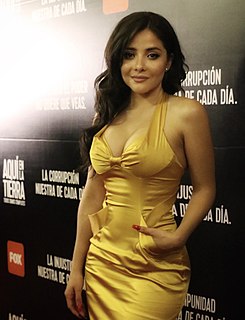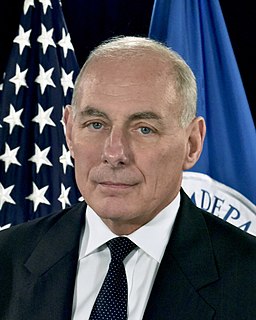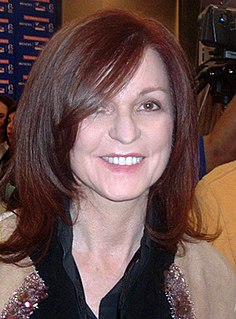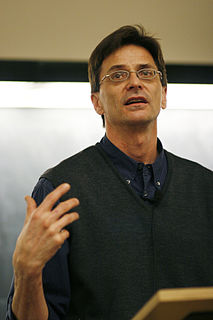A Quote by Laura Moser
I had to work up the courage to even imagine myself running for Congress. But I eventually decided that our country had a moral problem in only letting white men - even the right-minded ones - have a seat at the table.
Related Quotes
Especially women, we can relate to wanting to have a seat at the table and a lot of the time it's not even to be more powerful than the men, it's not even to be powerful, it's just to feel that we're not going to be undermined, that our ideas are not going to be taken for granted, that we won't be sexually harassed.
Simply put: Thanksgiving is the day when the dominant white culture (and, sadly, most of the rest of the non-white but non-indigenous population) celebrates the beginning of a genocide that was, in fact, blessed by the men we hold up as our heroic founding fathers. ...How does a country deal with the fact that some of its most revered historical figures had certain moral values and political views virtually identical to Nazis?
Ahh, my heart fell down when I began to see dead buffalo scattered all over our beautiful country, killed and skinned, and left to rot by white men, many, many hundreds of buffalo. ... Our hearts were like stones. And yet nobody believed, even then, that the white man could kill all the buffalo. Since the beginning of things there had always been so many!
Moral certainty is always a sign of cultural inferiority. The more uncivilized the man, the surer he is that he knows precisely what is right and what is wrong. All human progress, even in morals, has been the work of men who have doubted the current moral values, not of men who have whooped them up and tried to enforce them. The truly civilized man is always skeptical and tolerant.
When I was nineteen, pureness was the great issue. Instead of the world being divided up into Catholics and Protestants or Republicans and Democrats or white men and black men or even men and women, I saw the world divided into people who had slept with somebody and people who hadn’t, and this seemed the only really significant difference between one person and another.
I felt very low. I had been unmasked only that morning by Jay Cee herself, and I felt now that all the uncomfortable suspicions I had about myself were coming true. After nineteen years of running after good marks and prizes and grants of one sort and another, I was letting up, slowing down, dropping clean out of race.


































